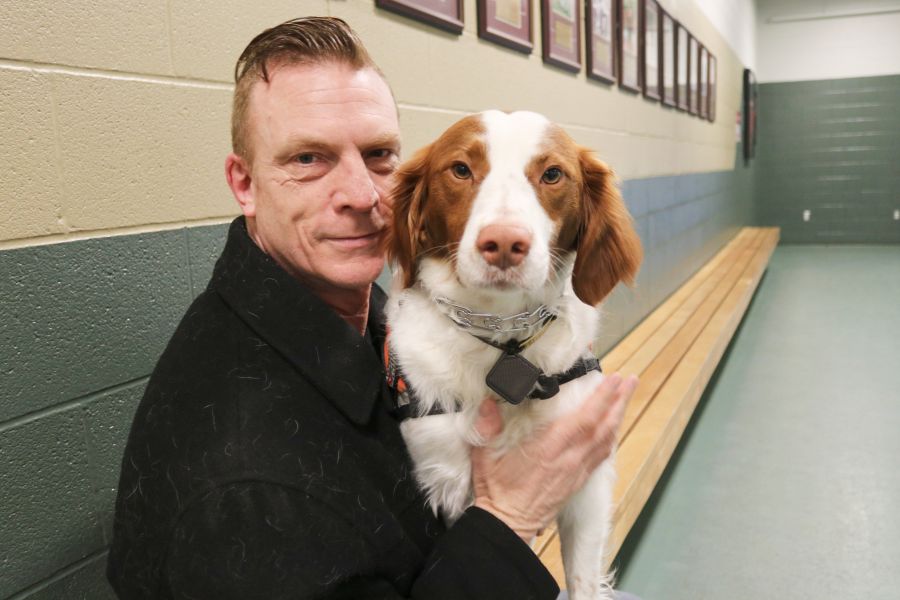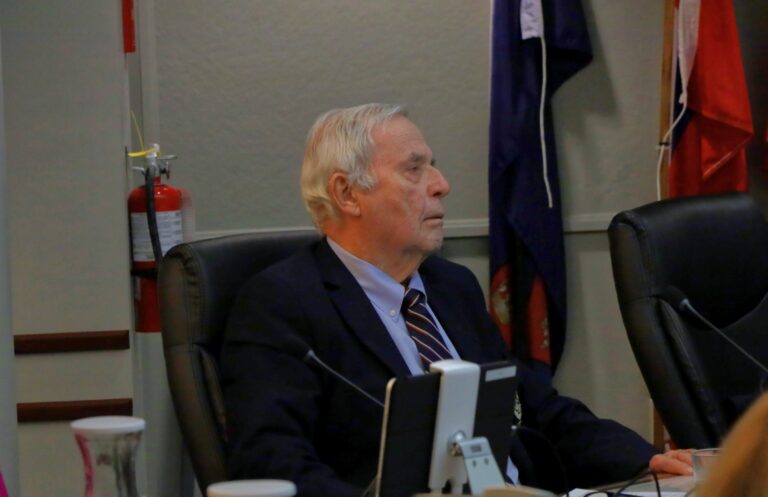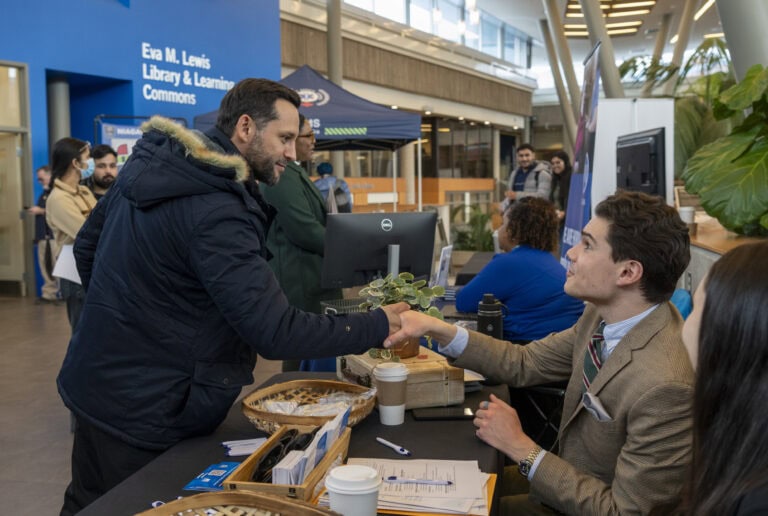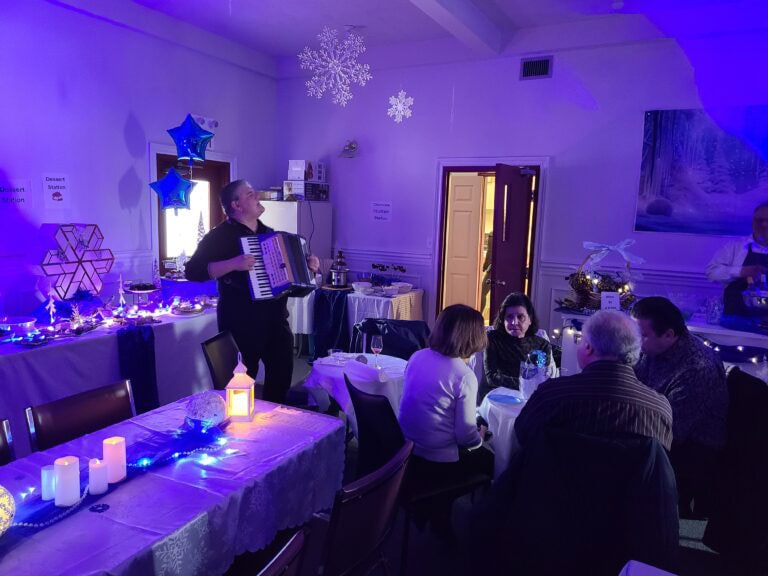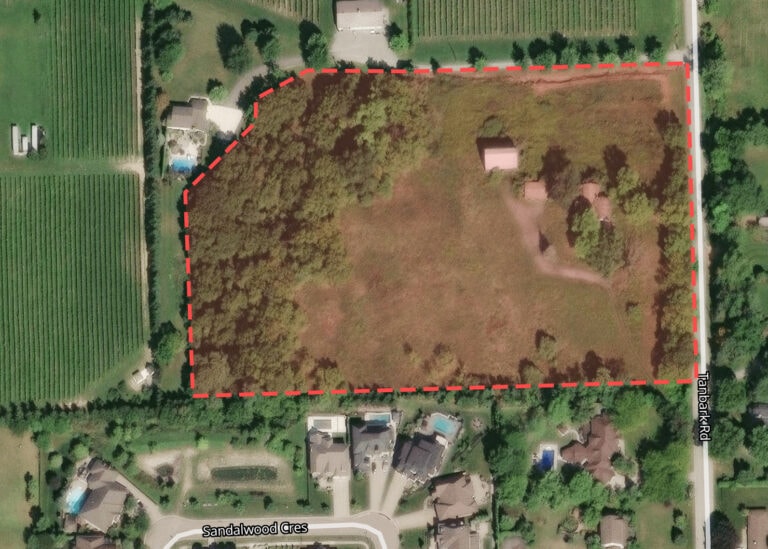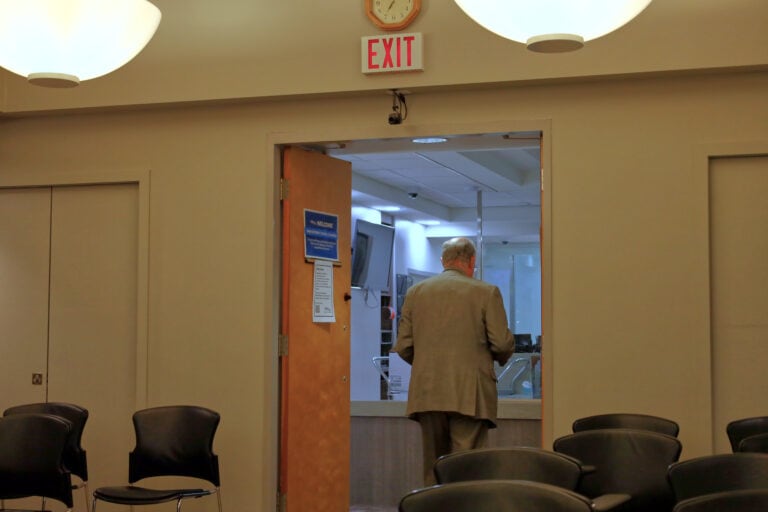(function($) { $(‘head’).append(”); })(jQuery);(function($) {$(function() {$(“#ad-gallery_cke_k3lwk3x6_slideShow”).on(“click”,”.ad-image”,function(){var imgObj =$(this).find(“img”);var isrc=imgObj.attr(“src”);var ititle=null;var idesc=null;var iname=isrc.split(‘/’);iname=iname[iname.length-1];var imgdescid=$(this).find(“.ad-image-description”);if(imgdescid){ititle=$(this).find(“.ad-description-title”);if(ititle)ititle=ititle.text();if(ititle!=”)ititle=’‘+ititle+’‘;idesc=$(this).find(“span”);if(idesc)idesc=idesc.text();if (idesc.indexOf(‘IMAGE_LINK_’) >= 0) {idesc = ”;}if(idesc!=”){if(ititle!=”)ititle=ititle+’
‘;idesc=’‘+idesc+’‘;}}$.fancybox.open({href:isrc,beforeLoad:function(){this.title=ititle+idesc;},});});});})(jQuery);(function($) {$(function() {$(“#ad-gallery_cke_k3lwk3x6_slideShow”).on(“click”,”.ad-image”,function(){var imgObj =$(this).find(“img”);var isrc=imgObj.attr(“src”);var ititle=null;var idesc=null;var iname=isrc.split(‘/’);iname=iname[iname.length-1];var imgdescid=$(this).find(“.ad-image-description”);if(imgdescid){ititle=$(this).find(“.ad-description-title”);if(ititle)ititle=ititle.text();idesc=$(this).find(“span”);if(idesc)idesc=idesc.text();if(idesc!=”){var url=window.location.href.trim();if (idesc.indexOf(‘IMAGE_LINK_TAB:’) >= 0) { idesc = idesc.substring(15).trim(); if (url != idesc) window.open(idesc,’_blank’);} else if (idesc.indexOf(‘IMAGE_LINK_PAR:’) >= 0) { idesc = idesc.substring(15).trim(); if (url != idesc) window.open(idesc,’_self’);}}}});});})(jQuery);(function($) { $(‘head’).append(”); })(jQuery);(function($) {$(function() { var galleries = $(‘#ad-gallery_cke_k3lwk3x6_slideShow’).adGallery({loader_image: ‘https://niagaranow.com/wp-content/themes/Newspaper-child/3rdParty/ad-gallery/loader.gif’, width:false, height:400, start_at_index: 0, animation_speed: 500, update_window_hash: false, effect: ‘resize’, slideshow: { enable: true, autostart: true, start_label: ‘Start’, stop_label: ‘Stop’, speed: 5000}});});})(jQuery);
Niagara-on-the-Lake resident Graham Bettes is one of the team members standing behind a local organization that aims to help veterans and first responders with post-traumatic stress disorder.
As a military veteran who also served as a police officer in the Greater Toronto Area for almost 30 years, Bettes, 49, was diagnosed with PTSD about seven years ago.
He says he’s noticed “big gaps” in the information provided to people struggling with the disorder, some of whom didn’t know how to cope with it.
Bettes, who received counselling credentials after taking an online and practicum-based master’s degree program from Yorkville University, says there are “a myriad of concerns” to take into account during treatment, like selecting a therapist, making lifestyle changes, learning coping skills or whether a person needs to take medication or have a service dog.
“You kind of have a road map with the other conditions. PTSD is like a self-guided tour,” he says.
Along with a team comprised of a professional dog trainer Melodi Doiron, Niagara Regional Police officer Ken Bettes, St. Catharines Fire Service veteran Shawn Bennett and Ryan Madill, president of the St. Catharines Professional Firefighters Association, Bettes spearheaded the Valhalla Project Niagara, which is set to launch on March 22.
“Everybody in our program has PTSD. So when we say we understand the symptoms, we know what it is like to have nightmares, to not have a sleep, to cry every day, to not leave the house for days because you just can’t,” he says.
The non-profit Valhalla Project Niagara, which has been in the works for the past year, is an umbrella organization providing mental health treatment and education to veterans and first responders.
It includes two programs: Learn 2 Live Again, a five-day residential program teaching basic information about PTSD and how to cope with it, and an additional seven-day Valhalla Service Dog program. A spouse or a family member will be welcome to join the second program and learn how to work with a service dog during these additional seven days of training.
As Bettes practises behavioural therapy, the programs won’t focus on processing traumatic events, but rather how to deal with anxiety, utilize basic tools to battle depression or learn breathing techniques.
The programs will be offered for free at the Cave Springs Camp in Lincoln.
One of the project’s goals is to eliminate the long fostering process for PTSD service dogs and reduce costs associated with it.
“When people think of service dogs, our thought process is immediately brought to (guide dogs). There’s a whole fostering process involved with that, so dogs don’t even begin training until they’re two years old, and the dog has most likely bonded with another person,” Bettes says.
“We look to eliminate that fostering process, to give a handler two weeks of hands-on drilling and training with their dog under the watchful eye of a trainer and then we send them home.”
There are currently seven service dogs who are trained by Doiron and six other volunteers. The golden retrievers received foundational training in November and December and are now at an intermediate level of training.
By the start of the program in March, the dogs will have already learned the entire course, so the Valhalla Project is rather intended to teach the handlers how to use their service dogs, Doiron explains.
“PTSD dogs need to work with their handler right at a young age. They need to be alerted to the physical changes in someone experiencing anxiety, depression, heart palpitations,” Doiron says. “A young puppy working with their handler all day will start picking up on those cues.”
Bettes has also been running a Veterans Jiu-Jitsu Niagara program for veterans and members of the armed forces and emergency services. The training is offered every Sunday at 9 a.m. at Evolve MMA gym on Welland Avenue in St. Catharines. The program is not limited to people with PTSD and anyone within the target demographic is welcome to attend.
“It’s part-training, it’s a part-support group. Sometimes people just chat, don’t even take part in anything,” Bettes says.



